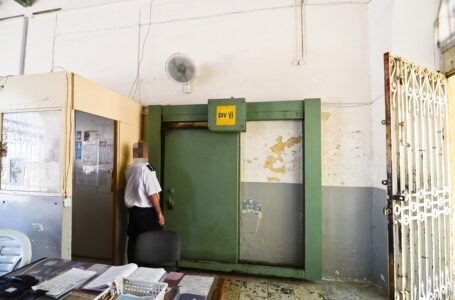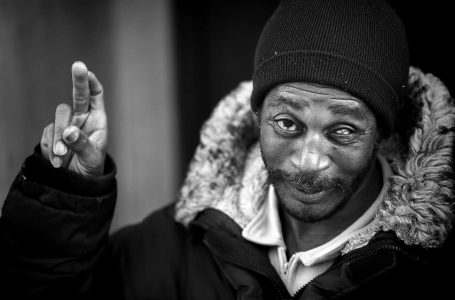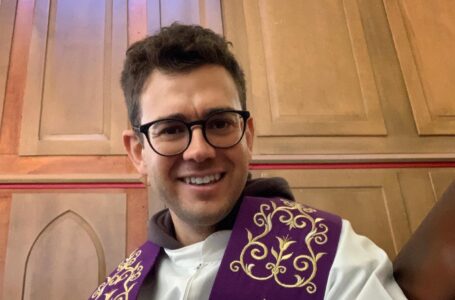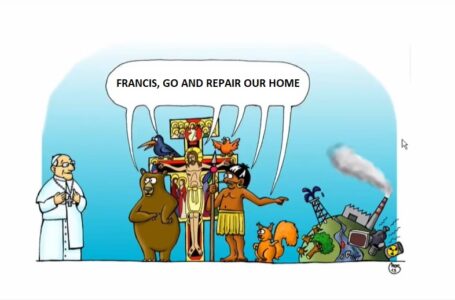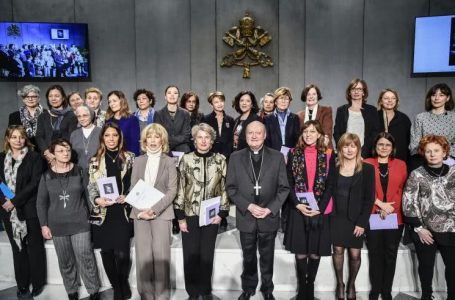Working With People With Disabilities – An Experience
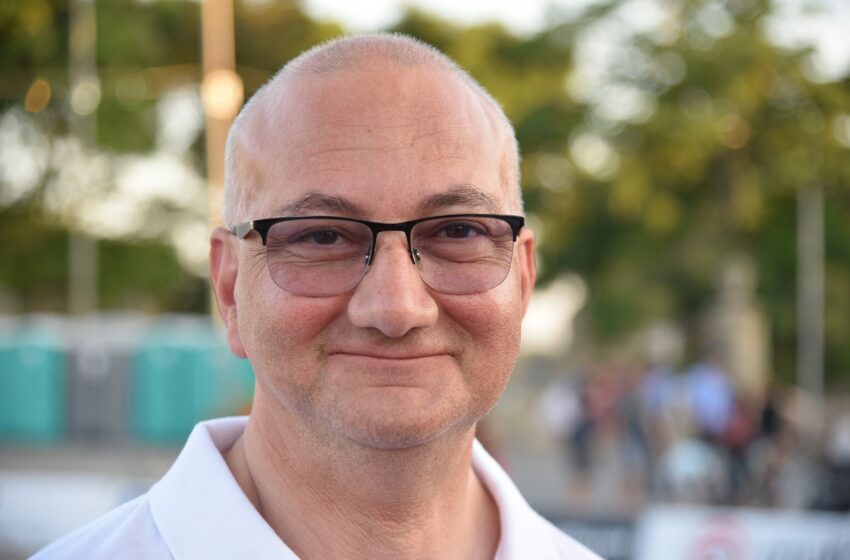
Fr Martin Micallef – Director at id-Dar tal-Providenza, a home for persons with disabilities
This article is based on Fr Martin Micallef’s experience of working with people with disabilities and furthering his studies on the subject. Fr. Martin started this involvement with short-term experiences with persons experiencing different types of disabilities. He is now the director of id-Dar tal-Providenza, a home for persons with disabilities and an NGO in Malta.
1. You have been working with people with disabilities for quite a while. Where did it start?
Fr Martin Micallef: “A little less than 50 years ago, when I was a student attending primary and secondary schools, there was no concept of inclusive education in Malta. Therefore, persons with a disability did not attend school in our towns and villages, much less catechism centres. Children with disability were only given this possibility in the nineties. Thus, in my younger days, I was never exposed to the reality of persons with disability.
During the summer of my first year at the Seminary, two seminarians and I had participated in a work experience at St Vincent De Paule Residence for the aged. There, for the first time, I met with various persons with disability. Some of these people were still quite young. They were residents in this home for the aged even though it was not the appropriate environment for them.
This experience opened my awareness to people with disabilities. Since then, I started paying particular attention to this sector. I started reading books and attending conferences to enhance my understanding of these persons. Moreover, I was also interested to see how the Church and society could provide them with support so that they could live their life to the fullest. I did another summer work experience at the Day Centre in Ħal Far for persons with disability as well as an attachment with the Arche communities in Liverpool, England that offered residential services for persons with disability.
2. People with disabilities in the parish setting
Another experience that really impressed me was when, as a seminarian, I was attached to the Żurrieq Parish. That time I managed to visit around 75 persons with a disability in their own home. This experience taught me how important it is to listen directly to people with disabilities and to their relatives. This is the only way to really respond to their needs, aspirations and expectations.
"I managed to visit around 75 persons with a disability in their own home"
When I was in the process of selecting the theme of my theses for my Licentiate in Pastoral Theology, I opted to focus on the theme of sexuality and persons with disabilities. On becoming a priest, I involved myself in the Muscular Dystrophy Group as well as in the National Parents’ Society of Persons With Disability. At the same time, in the parish, I made it a point to meet these persons and talk to them. I wanted to see what kind of support they needed from the parish, but also to see how they could feel more included in the life of the parish.
In 2001, the Archbishop asked me to be his representative on the National Commission for Persons with Disability. At that time, I used to involve myself also with the deaf community. As a Diocese, we started offering a paid service by interpreters of Sign Language in Maltese, during the Saturday evening mass at the University Chapel. This service was also offered on particular occasions, such as the first Holy Communions or weddings of deaf persons, whenever they asked for this service. In 2008, Archbishop Paul Cremona OP asked me to become the Director of Dar tal-Providenza. This home has offered residential services for persons with disabilities, since 1968.”
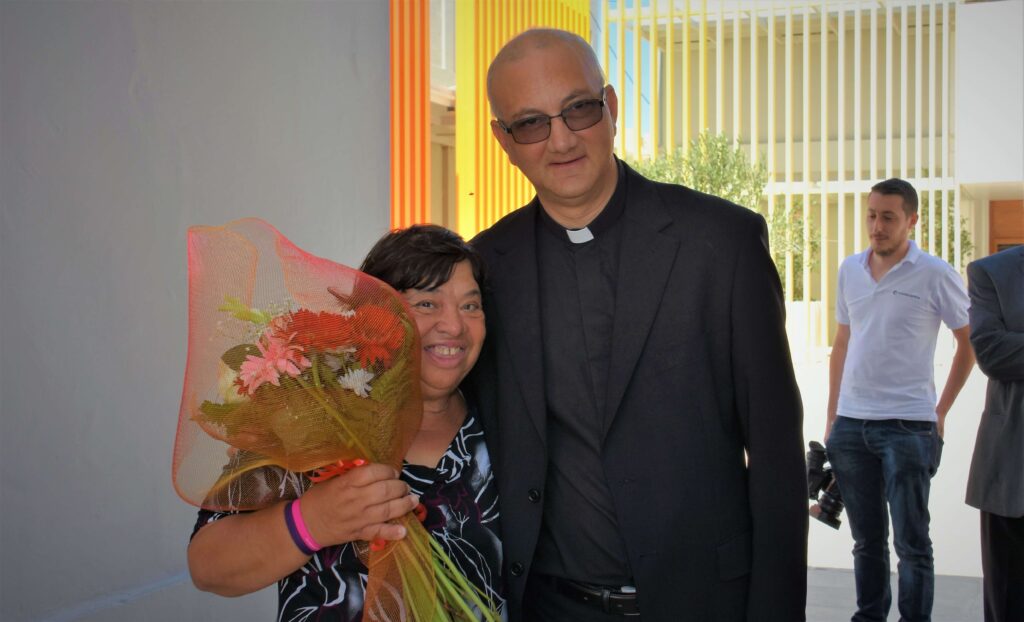
3. What does your work consist of, and what disabilities do the residents experience?
Fr Martin Micallef: “Primarily, as Director of Dar tal-Providenza, I coordinate all the work done at the Home. First and foremost, my main focus is to ensure that the residents of the Home receive individualised services of the highest level that respect their rights, needs and dignity. Besides this, I need to see that the services offered by the Home are sustainable. This obviously entails good planning to see that we have the necessary operational funds. We organise fund-raising activities all year round to raise funds.
Today, the Home offers long-term residential services to 115 persons with disabilities, the majority of whom have an intellectual disability. In another home at Qawra – Dar Akkwarell, we host two persons with physical disabilities.
4. What does working with people with disabilities teach you?
Fr Martin Micallef: “Working with people with disabilities has taught me more than ever that we should not consider their difference as a threat but rather as something beautiful. Through my experiece with persons with disabilities, I learnt that, before looking at the disability I should look at the ability. I believe that in society everyone has something to offer. Therefore, it is important that we support and empower these persons to develop their full potential so that they can participate actively and fully in society.
"these persons still face various types of discrimintation consciously or unconsciously"
Although today there is more awareness of the rights of people with disabilities, from my own experience I can say that they still face various types of discrimination, consciously or unconsciously, that impedes them from enjoying equal opportunities. This has increased in me the need for justice, and I feel duty-bound to speak out against these injustices. At the same time, we also need to encourage persons with disabilities as well as their relatives to speak out in favour of a society that truly treats everyone equally.
5. Are there new elements in your faith that you have discovered?
Fr Martin Micallef: Spiritually I feel enriched when I meet persons with disabilities who, like others, are for me the best example of the values of the gospel. In his Apostolic Exhortation, Rejoice and Be Glad, Pope Francis emphasises that holiness is not limited only to the few that the Church declares as saints. We can see holiness in the person who lives in the “door next to us, in those that live close to us and are a mirror of God’s presence.”
A special moment that helps me grow in giving myself to others is when I have the opportunity to wash the feet of some of the residents at the Home on Maundy Thursday. They really look forward to this beautiful gesture so much so that some of them ask me to wash both their feet. In this yearly gesture I feel more and more motivated so that, like Jesus, I love others with unconditional love.
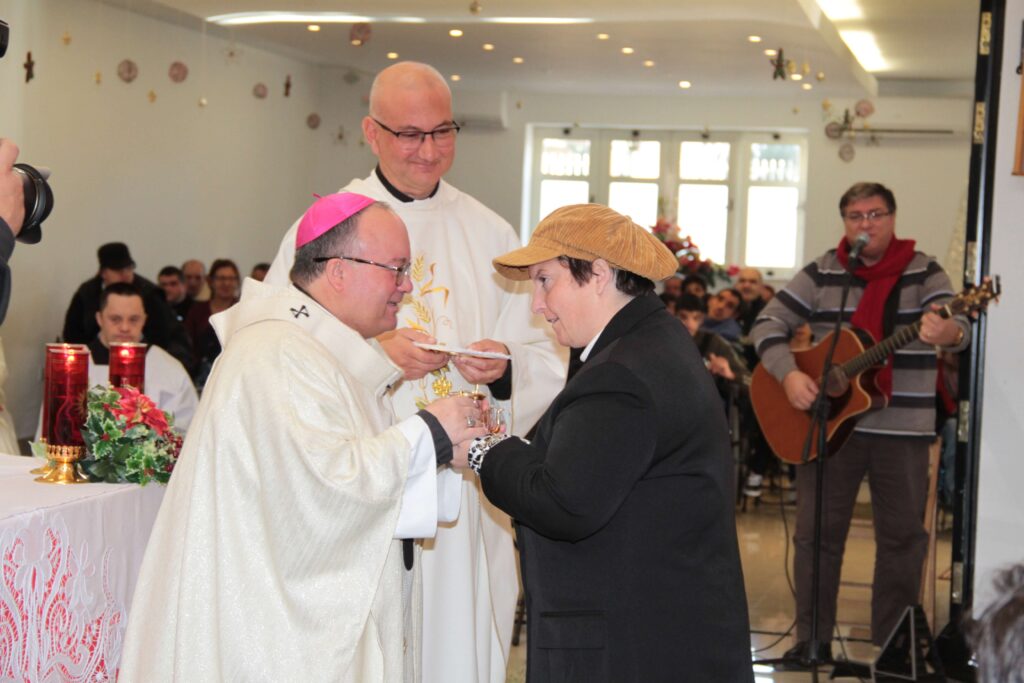
6. Are there any gifts that you have received by working with people with disabilities?
Fr Martin Micallef: “Some persons with an intellectual disability have taught me the beauty of small gestures towards others. I can recall that look in their eyes that expresses gratitude, that nice smile, that hug that expresses friendship or pardon, the gratitude reciprocated with very simple gifts but given with a big heart.”
7. Is there any special memory that you will never forget?
Fr Martin Micallef: “One of the most beautiful moments I had during my years at Id-Dar tal-Providenza, will always be the encounter that a number of residents had with Pope Francis, at the Vatican, on Sunday, 13th September 2015, on the occasion of the fiftieth anniversary of the founding of the Home. The embrace that Frankie gave the Pope that day remains imprinted in my memory. In that hug, I will always see God’s embrace towards each and every person, without any distinction.”

8. How do you deal with difficult moments?
Fr Martin Micallef: “In my own life and in my own pastoral work I had a lot of beautiful and satisfying moments but, like everyone else, I also had difficult moments and situations. I learnt that, in life, no one is immune to these difficulties. I always tried to solve them with patience, through dialogue and by seeking good advice. In the face of the cancer illness that I experienced last year, I understood that this was a time when God’s will for me was to take care of my health by allowing the doctors to do what was necessary for me. Above all, I firmly believe that prayer remains the strongest defence against every difficult situation we are faced with.”
9. As a society, how can we become more respectful towards people with disabilities?
Fr Martin Micallef: “I believe that today, the Maltese society today respects diversity more than before. Although we have to admit that there is a lot more to be done, the rights of persons with disabilities in Malta today are guaranteed thanks, in a special way, to the Equal Opportunities (Persons with Disability) Act as well as Malta’s ratification of the United Nations Convention for the Rights of Persons with Disabilities. During these last years, thanks to the increase in awareness of the rights of persons with disabilities, the provision of more support services within the community, inclusive education, and more work opportunities amongst other initiatives, these persons can enjoy the respect and dignity that they rightly deserve. Just like everyone else.”
Read more:
– Living With Cerebral Palsy: My Body – God’s Temple
– Deep Love Poem – What is Love?

